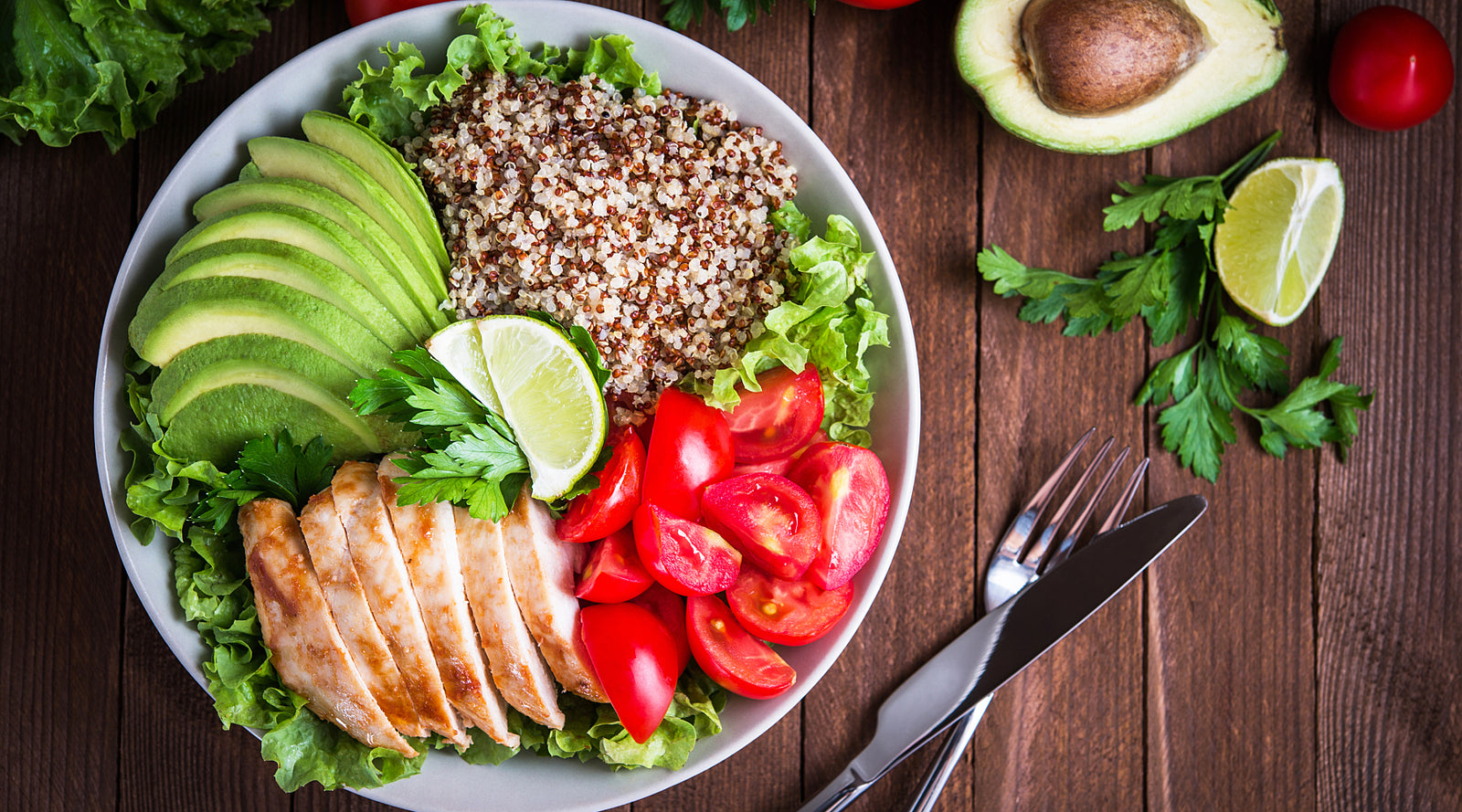Millions of American adults suffer from intermittent joint pain each year. Intermittent joint pain can be caused by a plethora of factors including injury, environmental components and exercise.
What most people don't know is your diet can affect the magnitude of inflammation you experience.
Food sensitivity occurs when your immune system produces antibodies to fight what is believed to be a "foreign substance" after consuming a particular food. This physical reaction is often delayed and people can go their entire lives without realizing they have a sensitivity.
Celebrities like Tom Brady, former quarterback of the New England Patriots, have cut their sensitive food groups out of their diet altogether.
One common sensitivity that tends to trigger sporadic joint pain is gluten. With gluten sensitivity, fragments of the protein leak from the intestine into the bloodstream, where the body views it as a threat and attacks it with antibodies. This attack coupled with the pain left over from exercise or environmental factors can worsen inflammation in the joints. People who suspect they have a sensitivity to gluten can try eliminate it for a period of time to see if it makes a difference.
Another food group that can cause sensitivity and inflammation is the nightshade family. Nightshades contain the alkaloid solanine, which can inflame an unbalanced gut by killing off bacteria and causing gut dysbiosis. This food group could be beneficial to some and irritating to others.
The best way to find out if you should eliminate/reduce or avoid certain foods from your diet is to take a food sensitivity test.
A diet high in anti-inflammatory whole foods is largely recommended. This incorporates essential omega-3 fatty acids, vitamin C and vitamin D. All of these nutrients support healthy bone structure and cartilage development.
Omega-3 can create prostaglandins, or lipids, that control processes such as blood flow and inflammation. The best way to add this vitamin into our meals is to consume oily fish. If fish isn't a part of your diet 3-4 times a week, flaxseed oil can serve as an alternative — however, due to its high caloric properties, many tend to shy away from it.
Vitamin D increases the absorption of calcium into the bone, promoting skeletal strength. This also happens to be the only vitamin in the human body that can be created by sunlight. Foods such as salmon and mushrooms are high sources of vitamin D as well.
Vitamin Chelps build collagen, which is a key factor in cartilage formation (the material that covers the bone at a joint). Most fruits and vegetables are high in vitamin C, including broccoli, kiwi and red pepper, to name a few.
As much as we may like to think that our diet supplies all these nutrients to our bodies, in the last 20 years, the National Health and Nutrition Examination Survey showed that 31% of Americans didn't reach their required daily vitamin A intake and the majority of people in the United States weren't meeting their daily omega-3 intake. Additionally, a USDA survey showed that 41% of Americans had insufficient vitamin D levels.
You deserve to feel your best, but how can you do that if your health feels out of your control? Identifying the problems in your diet and how they relate to the rest of your body is a good place to start.
